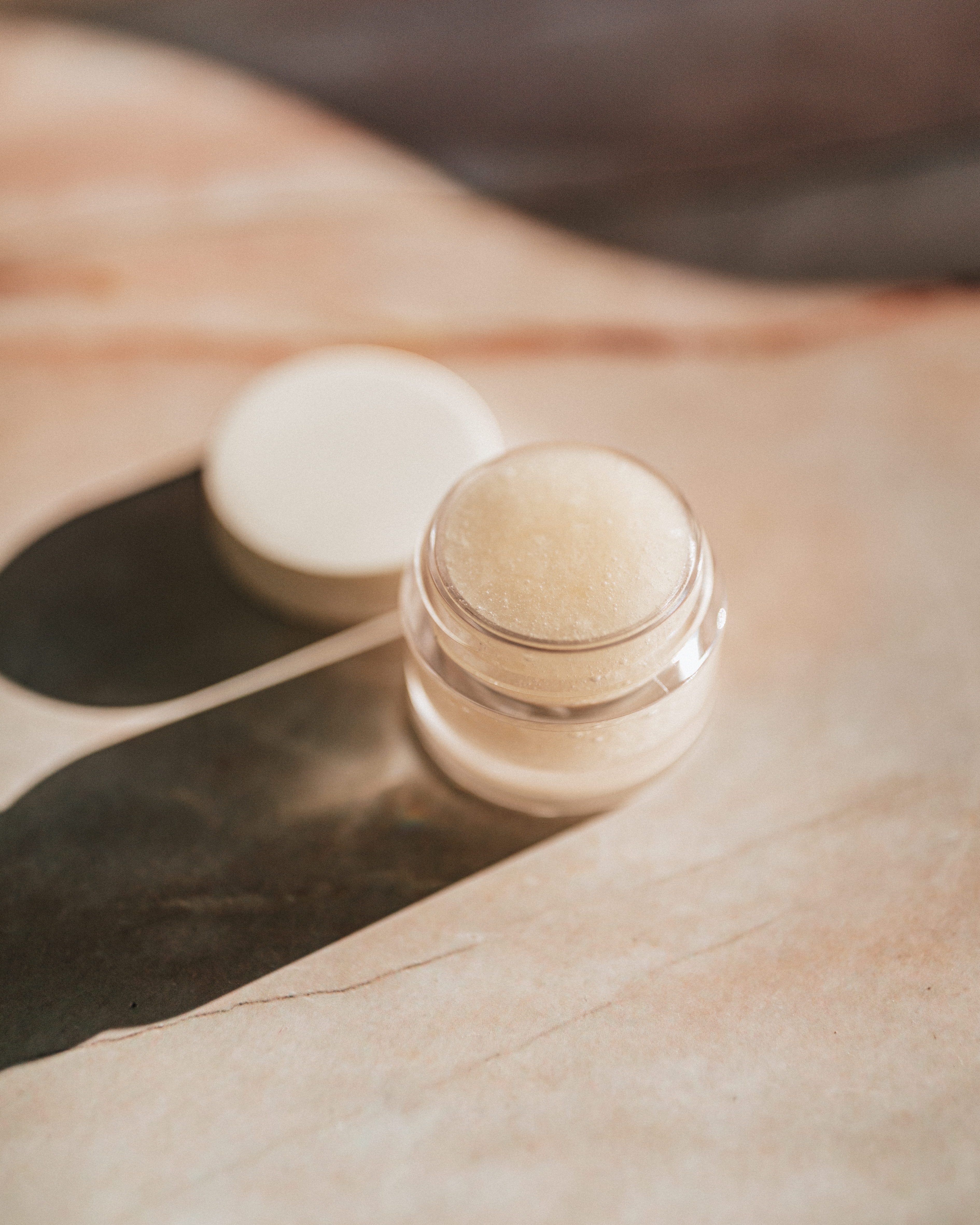Does CBD Balm Work For Pain?

CBD (cannabidiol) is everywhere, and you don’t need me to tell you that. It can be eaten, drank, vaped, and even bathed in. Though we still have a lot to learn about this fascinating little compound, its supporters claim it has some pretty impressive benefits, particularly in the area of pain management.
Personally, I keep a few jars of it at my desk to relieve muscle tension caused by typing and holding my phone close to my face all day. The research behind these claims, however, is pretty sparse, to say the least. Take a look at these facts before you try topical CBD.
What is CBD?
Cannabis (marijuana) contains cannabinoids, including cannabidiol, which is commonly referred to as CBD. CBD does not produce a high like the more well-known cannabinoid THC (tetrahydrocannabinol).
Cannabinoid receptors in your body are activated by both THC and CBD. CB1 receptors are found mostly in the central nervous system, including the brain and spinal cord, while CB2 receptors are found predominantly in immune system tissues. It is interesting to note that both have been found in the skin.
Additionally, researchers have found that CBD modulates the effects of CB1 and CB2 receptors while THC activates both types of receptors. CBD may actually regulate and even counteract some of the effects of THC and other cannabinoids in the brain rather than directly affecting CB receptors.
Are there receptors in the body that respond to compounds in cannabis? That’s not exactly true. As cannabinoids, such as THC and CBD, are similar to compounds that your body naturally produces, called endocannabinoids, they can interact with this system. Endocannabinoids are thought to play a role in a variety of body functions, including immune function, hormone release, metabolism, and memory.
You won’t experience any significant effects in your brain if you ingest something that only contains CBD and no THC. There is a tendency to refer to CBD as “non-psychoactive,” but that is a bit of an oversimplification since it does have some effect on the central nervous system.
Many of CBD’s effects may occur outside of CB receptors, according to recent research. Recent research published in Molecules suggests that CBD may influence serotonin receptors (known to play a role in depression and anxiety), adenosine receptors (one of the neural targets of caffeine), and even TRPV-1 receptors (more commonly associated with taste and spiciness).
There are many targets it affects, and it’s not clear how much of each target contributes to pain relief. Therefore, it might be tempting to claim that CBD is the cure for everything without a lot of research to back up those claims.
Before you buy a topical CBD product, consider the following:
The first thing to look for is the amount of CBD that a product claims to contain. We don’t know what the correct dose would be when CBD is applied locally because the studies about CBD and pain looked at systemic administration rather than truly local administration. You might be tempted to go for the highest amount you can find, but it’s really up to you since we don’t even know where to begin.
Some forms of CBD have also been reported to have side effects, although these are generally benign. As an example, taking oral CBD in large amounts, which has shown some promise in treating anxiety issues, may cause diarrhoea, reduced appetite, fatigue, and interactions with other medications, particularly blood thinners.
High-dose CBD (900 mg) has been found to have virtually no side effects, and those that researchers do see aren’t considered to be issues when CBD is applied topically.
Topical CBD products are unlikely to enter your bloodstream if you’re worried about it. Since CBD is hydrophobic (not water-soluble) and lipophilic (attracted to fats and oils), it tends to stay on the outer skin surface or may accumulate in the sebaceous glands unless it’s combined with “enhancers” (ingredients designed to help it pass through the skin, which means it becomes transdermal instead). Despite numerous patents, making a true “water-soluble CBD” has been a challenge for the industry.
However, if you plan to use the best CBD balm in the UK for serious pain, it’s probably best to discuss all of your options with your doctor first and then select a trusted brand like Advance Biotech for quality CBD products.